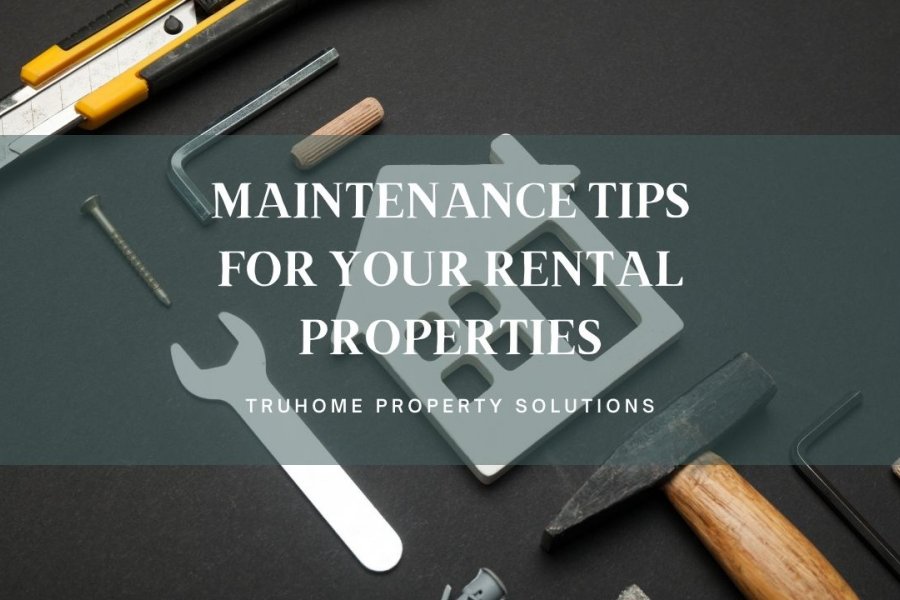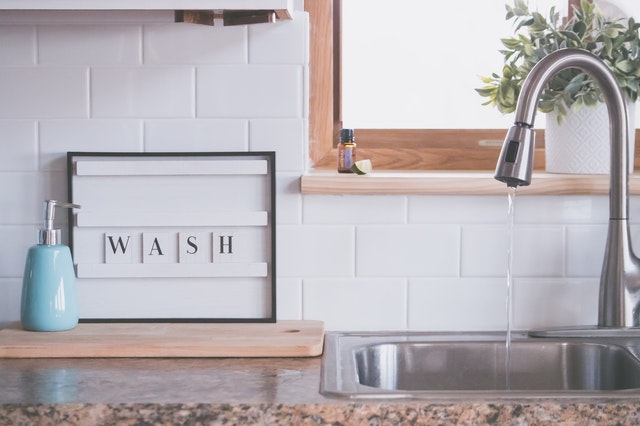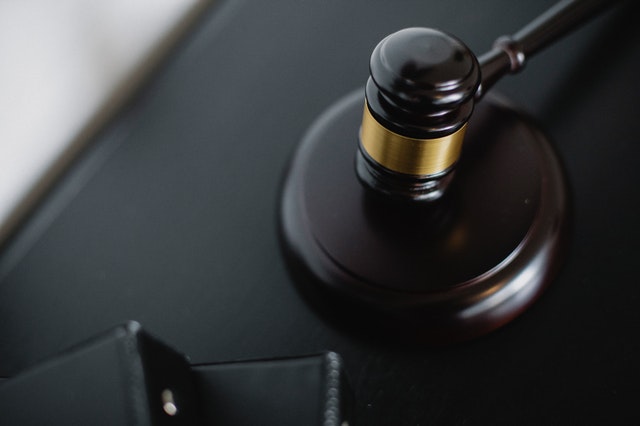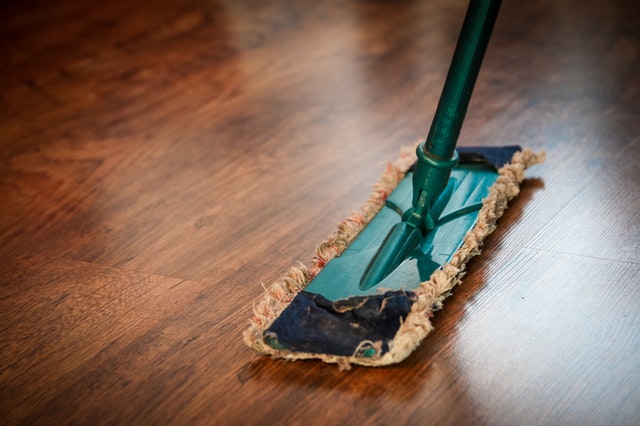
The only proven way of keeping a property in good shape is regular maintenance. Maintenance also acts as a marketing strategy to attract new tenants or make your current occupants happy. It's worth noting that because of the size and number of occupants, multi-family rental properties often necessitate more frequent maintenance than single-family residences.
The tenant and landlord have an equal responsibility to care for the property, as stated in the lease agreement. TruHome Property Solutions has prepared the following guide to help you properly maintain your rental units!
What Are the Maintenance Responsibilities of Landlords?
Landlord-tenant laws require landlords to maintain their rented properties to a level that’s considered habitable. There are a few key responsibilities that can keep your property compliable with these requirements.
Supply Proper and Efficient Garbage Receptacles
The landlord is responsible for ensuring that renters have a proper and efficient means of disposing of their trash. The main factors or aspects to consider when choosing a suitable method are the size and number of garbage cans in relation to the number of residents in the building and the frequency at which trash is collected weekly.
Provide Sufficient Water Supply
Water is an essential component of any residential structure. As a result, every tenant has the right to adequate access to running water in their rented unit. This means having a working toilet, shower, and sink.

In addition, a working water heater must also be present in order for the tenant to have access to hot water.
Adhere to all Building Codes
Landlords are legally obliged to maintain a safe and healthy environment for their renters. The law specifies standards for the number of tenants who can live in the property, the installation of smoke and carbon monoxide detectors, plumbing and electrical works, and the property's structural condition. The law further dictates your responsibility with mold, lead paint, asbestos, and pest infestations issues.
Maintain the Building’s Common Areas
Landlords are required to make reasonable repairs to maintain the property’s common areas. However, if a tenant's neglect or abuse necessitates repair of the property, the landlord may charge the renter for the expense of the repair.
The property's common areas include staircases, circulation lobbies, roofs, fences, etc. Property owners must keep common areas clean and well-lit. A railing is required for all stairwells. Any flooring that poses a risk of tripping should be replaced.
Ensure All Vital Services Are Working
A landlord ensures that all plumbing, heating, electrical, gas, and supplied appliances are in good working order. Note that if a renter is responsible for paying their utility bills, the tenant must ensure that their utilities, such as electricity and heat, are not switched off.
What Are the Maintenance Requirements of Tenants?
In addition to the responsibilities of a landlord towards maintaining their rental property, the landlord-tenant laws further stipulate the tenants’ duties and legal obligations in maintaining the rented property to a degree.

The following are some examples of general requirements:
Clean the Unit to Prevent Sanitary Hazards
Tenants must dispose of their rubbish appropriately and not allow it to collect up in their apartment. Excessive waste could be hazardous to one's health and also that of the neighbors. In addition, to avoid insect infestations and air quality problems, the renter must keep the unit reasonably clean and hygienic.
Keep the Unit Clear of Safety Hazards
It is the collective responsibility of tenants to ensure that a building's emergency exits are accessible. Ensure nothing is blocking any of the unit's emergency exits. The tenant is prohibited from removing batteries from smoke or carbon monoxide detectors or interfering with them in any way.
Adhere to Building and Housing Codes
Tenants have to adhere to all applicable building/housing regulations. For example, if the renter has signed a two-person lease, they are not allowed to bring in additional people to live in the property. Such a scenario can overcrowd the unit or prevent the landlord from being able to perform the proper tenant screening process for new residents.
Prevent the Growth of Mold
Tenants are responsible for preventing the building up of moisture in the unit, leading to mold growth. Using the bathroom fan or opening a window for ventilation while showering can be enough. However, if a tenant does notice the formation of mold, they must notify the landlord right away.
Respect the Property
It is the duty of tenants to take care of the property, keep it clean to a fair standard, and not be abusive or neglectful. When it comes time to advertise your property when the tenant is ready to move out, you don't want the headache of a major deep clean just to take photos.

For example, tenants must:
- Maintain all plumbing fixtures. To avoid soap scum accumulation, rust, mold, or dirt, tenants must keep all plumbing fixtures properly clean. Each of these fixtures must be utilized strictly for an appropriate reason. Trash, for example, should not be flushed down the toilet
- Maintain the appliances. Tenants are responsible for keeping all landlord-supplied appliances clean. They can't have too much grease on/around the burners or have spoiled food that can damage the refrigerator
- Avoid causing general damage to the property. This covers both inside the tenant's unit and across the property's shared areas. Normal wear and tear is to be expected, but damage to the unit, such as a broken countertop, is not
Bottom Line
Your real estate investment will last long-term when performing the proper maintenance duties. If you want to ensure your property remains well-maintained with happy tenants, consider hiring TruHome Property Solutions!
We work hard to provide property owners with a full range of property management services. We can assist you in attracting and retaining great tenants, streamlining business procedures, and ensuring that your property achieves its full potential. Get in touch with us today for our property management solutions!

